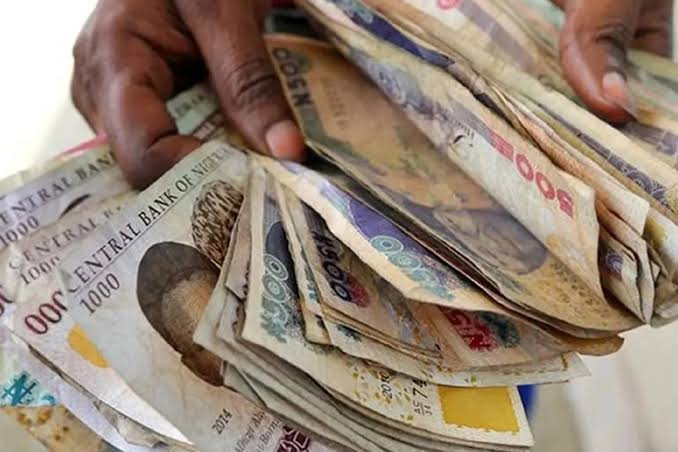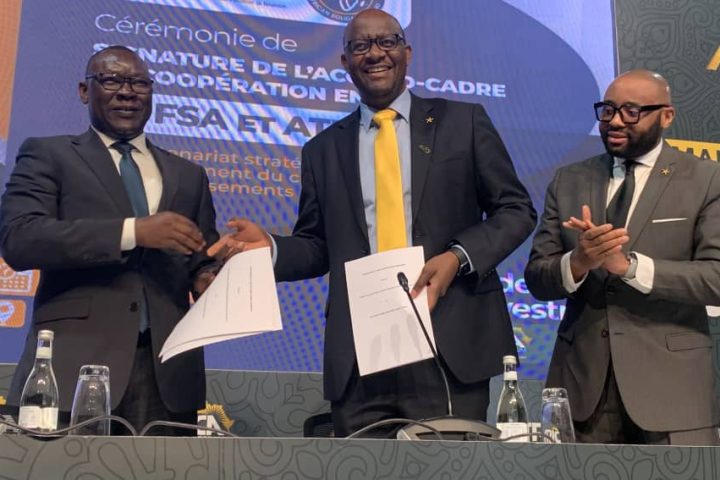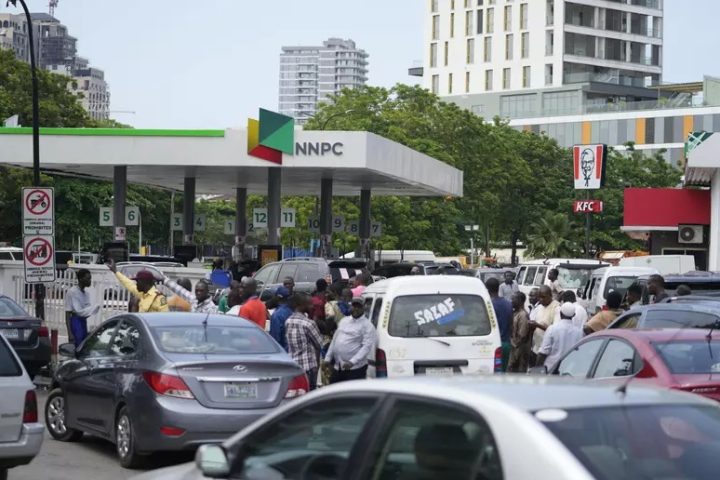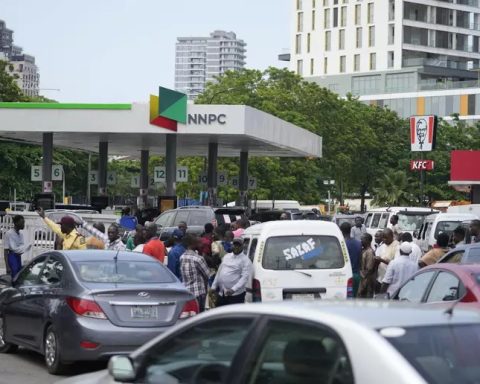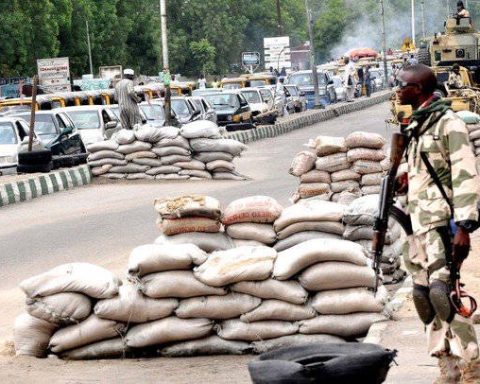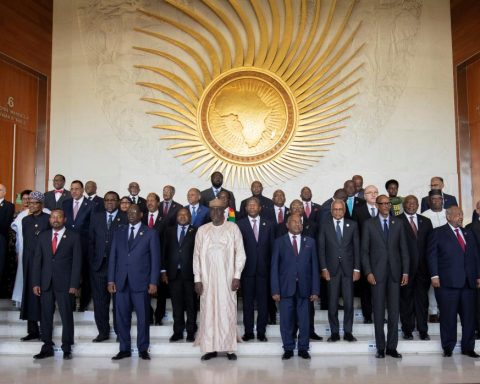As the festive period draws closer, Nigerians are gripped by the reality of persistent cash scarcity. Despite efforts to promote a cashless economy, data from the Central Bank of Nigeria (CBN) reveals that over 90% of the country’s currency remains outside formal banking channels.
This trend, experts say, is likely to intensify as the holiday season approaches, causing anxiety among citizens and businesses.
Join our WhatsApp ChannelRising Cash Outside Banks Sparks Worry
The CBN’s statistics indicate that the total currency outside banks surged to N4.29 trillion in October 2024, representing 94.3% of the total currency in circulation. This marks a significant increase from N2.70 trillion in October 2023, reflecting a 59% rise in one year. Experts argue that the high reliance on cash may lead to disruptions during the holiday season, where financial transactions are traditionally high.
Speaking on the development, financial analyst, Dr. Chika Okafor, noted, “The festive period is a time when people increase spending on travel, gifts, and celebrations. If access to cash remains limited, many Nigerians will face serious constraints. It could also drive up the cost of goods and services as people compete for the little cash available.”
Dr. Okafor believes the situation could worsen if urgent measures are not taken. “CBN needs to ensure that banks are adequately supplied with cash. Failure to do so may result in desperation among citizens, which hawkers of naira notes could exploit to charge higher fees,” he added.
Nigerians Speak on the Hardship of Cash Scarcity
For many ordinary Nigerians, the reality of cash scarcity is already taking its toll. Traders, commuters, and small business owners are feeling the brunt of the crisis. Speaking to Prime Business Africa, Lagos-based trader ,Adebisi Olawale, said: “We are suffering. Customers are unable to pay in cash, and I don’t have access to enough cash to buy new goods. The banks claim there’s no cash, but somehow hawkers are selling new notes on the street at a high price.”
Adebisi’s experience is shared by others, including 42-year-old commercial bus driver Emmanuel Uche. “I spend hours in bank queues, only to be told there’s no cash. It’s frustrating because I need cash daily to operate my bus. During the holidays, this problem will only get worse,” he lamented.
Small business owner Mrs. Folake Ogunleye expressed similar frustration. “We are being forced to use mobile transfers, but sometimes the network is bad, and payments fail. If I can’t get cash, I can’t pay my suppliers, and that affects my business. We need a solution before Christmas,” she said.
READ ALSO: CBN Warns On Continuous Scarcity As Cash In Circulation Hits N4.3trn
CBN’s Crackdown on Illicit Cash Sales
As Nigerians struggle with cash scarcity, the Central Bank of Nigeria has moved to crack down on the illegal hawking of naira notes. The apex bank announced that any Deposit Money Bank (DMB) branch found to be involved in facilitating the sale of cash to street hawkers will face a penalty of N150 million per branch for the first violation.
A circular signed by Mohammed Olayemi, the acting Director of Currency Operations at the CBN, stated, “The apex bank will continue to intensify spot checks at banking halls and ATMs and conduct mystery shopping at cash hawking spots across the country.”
While the CBN’s action is intended to deter illegal sales of cash, critics argue that it fails to address the root cause of cash scarcity. “CBN can punish banks all they want, but it won’t solve the problem of cash shortage,” said economist Dr. Joy Eze. “If cash isn’t available in the banks, people will turn to hawkers as a last resort. The key issue is ensuring banks have sufficient cash to meet public demand.”
Experts Call for Immediate Action
Experts say that unless the CBN takes swift action to increase cash availability in banks, the country may face severe economic disruption during the festive period. Dr. Chika Okafor emphasised, “This isn’t just about individual hardship; it’s about the overall economy. Businesses thrive on increased holiday spending, and if people can’t access cash, that entire cycle of spending, buying, and selling could be disrupted.”
Financial consultant Mr. Johnson Adebayo also pointed out that the high volume of cash outside banks may undermine CBN’s cashless policy. “You can’t push for a cashless economy while failing to ensure digital platforms are stable and reliable,” he argued. “If people can’t access their funds electronically, they will naturally seek cash. The two systems must work together, not against each other.”
Looking Ahead: What Can Be Done?
With Christmas and New Year celebrations just weeks away, many Nigerians are bracing for a cash crisis that could overshadow the festive mood. While the CBN’s punitive measures against banks may reduce the sale of naira notes on the streets, experts insist that increasing cash flow into formal banking channels is the only sustainable solution.
As Lagos trader Adebisi Olawale put it, “All we want is cash to do our business. We are not asking for too much.”
The coming weeks will reveal whether the CBN’s efforts are enough to avert a financial crisis during one of Nigeria’s most critical economic periods.
Emmanuel Ochayi is a journalist. He is a graduate of the University of Lagos, School of first choice and the nations pride. Emmanuel is keen on exploring writing angles in different areas, including Business, climate change, politics, Education, and others.

